By STEVE MASCORD
I FIRST met Danny Kazandjian in Beirut in 2002. Lebanon were playing France in the first major match held in the country and at one point my credit card was used to guarantee the referee’s hotel room.
Danny, who had discovered the game in school in north London when a rugby union coach demanded a State of Origin game in a common area be turned off, ferried me everywhere and pretty much organised the game himself.
For his trouble, I spelt his name incorrectly throughout my subsequent feature story. I called him “Danny Kazan”, confusing him with a country that was going to be the game’s next big thing around the same time.
Since then our paths have crossed regularly in Leeds or Brisbane or London. He’s a conscientious soul with an enthusiasm for the game matched with the lack of cynicism that only an outsider can sincerely muster.
During our chat for this feature, he spoke a lot about coach education which can come across as a dry subject to many. The reason he is so keen on it comes down to what rugby league means to him.
To you it might be your local club or your team-mates or some blokes on TV or a stadium. But Danny, quite stirringly in my view, says it this way:
“The sport is its laws, its techniques, its skills, its on-field culture if you like,” he insists. “For us to protect those institutional parts of rugby league, we had to make sure we had a very serious approach to technical development before it was too fly-by-night.”
Consistency across all countries and multi-layered coach education are pretty much the closest things to Kazandjian’s heart.
Danny believes rugby league can change lives. No, he knows it. He’s seen it. That’s what drives him in a job where I suspect he is earning a lot less than he could get on a trading floor in the city.
And with a minimum of fuss and even less money, the RLIF ha made giant strides under him – 21 member countries, three levels of competition and an envied governance structure.
In the wake of Brexit, the RLEF has moved – but only from Fitzrovia to London Bridge.
“We’re in the house of sport now, with a lot of other sporting bodies,” he explains. “It’s a much more dynamic environment.
“There have been a number of reports the British government will continue to pay into the Erasmus pot, which is the fund that we apply for grants from.
“If that was not to be the case … we’d have to have an entity in a continental country or in Ireland. We expect the impact of (Brexit) to be minimal.”
Here’s one I can’t get away without asking: what’s happening with these autumn internationals which we expect England Knights to play in while the Kiws are touring?
“We’re going to make an announcement on one area of formal European competition next week,” Kazandjian answers.
“We’re still discussing with the RLIF, which has its next meeting in April, about autumn fixtures. There will be autumn fixtures.
“With us, in terms of England, our position is clear. We see the future of the European project must include England in our elite competition.
“The European Championship has been played since 1935 and it’s never had any coherence.
“We’ve put this to the RFL and to the French Federation – that we need to work collectively to make sure we’ve got a genuine European championship that everybody’s committed to, everybody believes in and only when we can commercialise that and obtain an anchor broadcast partner can we go to the next level commercially.”
Despite GAISF recognition, the old prejudices remain in rugby league. The worst, of course, was Sol Mokdad being locked up for 13 nights.
“My understanding is that there has been very little headway made with the UAE authorities,” Danny explains.
“David Collier, the RLIF executive officer, he actually flew out to Dubai to organise Sol’s release and he deserves an enormous amount of credit for that. He also has contacts within the UAE ruling class.
“He has been in contact with them since that date to try and get some kind of government recognition but there’s been, to the best of my knowledge, no significant headway.”
With NRL clubs trying to block an international taking place and division on the horizon between the RFL and Super League, how does Kazandjian see the future for rugby league?

“We are certainly at the start of a new era,” he answers.
“The RFL situation is something that we will have to see how it progresses. The Super League, as you know, is in charge of its own governance.
“We’ve got a meeting with the RFL (this) week to discuss our ongoing relationship with them in terms of governance changes that are being considered by the RLIF.
“That’s the most encouraging bit … the RLIF has considered that it needs to reform at the governance level and all the big nations, Australia, New Zealand and England, understand that there needs to be perhaps more diversity on the board and the introduction of independent directors as well.
“All those things will have a benevolent impact on the way the sport is run at the international level.
“(This) means it’s really serious about becoming a more ubiquitous organisation with a lot more leadership.”
Danny is currently working on a new strategy document for the RLEF. He admits he may not be around to deliver it.
“Professionals can only do leadership roles for a finite amount of time,” he said.
“But I’m still as enthusiastic as I’ve ever been. But this is my seventh or eighth year.
“I am very lucky to do what I do, very proud of what we’ve achieved and all the indicators are that the RLEF has much more potential for growth.”

